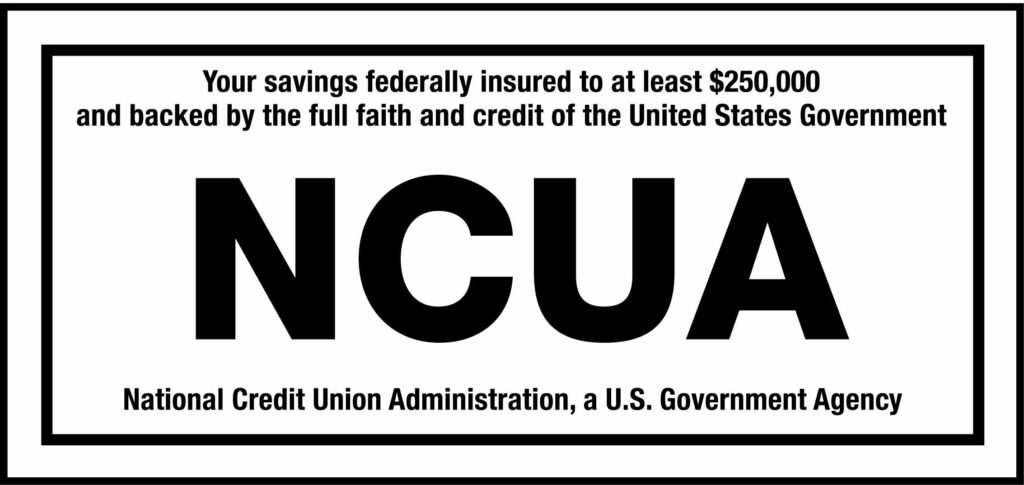Protect Yourself From Credit Card Fraud
agcu2023
on
August 23, 2023

Protect Yourself From Credit Card Fraud

With the advent of online commerce, credit and debit card fraud has exploded. Unfortunately, credit card fraud can go unnoticed until it causes serious damage. Here, we’ve outlined what you need to know about credit and debit card fraud, how to protect yourself, and what to do when you’re targeted.
What is credit card fraud?
Credit and debit card fraud occurs when a scammer gains access to a victim’s card information and goes on to empty their accounts, commit identity theft and more.
Credit card fraud can be pulled off in many ways:
- Card skimming involves a scammer tampering with an ATM or payment terminal. The machine reads the victim’s card information and transmits it to the scammer.
- Brute force attacks employ an auto-dialer to access the card numbers issued within the target’s BIN. The scammer can perform infinite guesses until they land on the card’s expiration date, security code and numbers.
- Online phishing is done through insecure links embedded in emails or online ads, or through bogus surveys, solicitations, job offers, dating profiles, and the like. The scammer uses these means to gain access to the victim’s credit or debit card information.
Protect yourself
Follow these tips to stay safe from credit and debit card fraud:
- Monitor your checking and credit card accounts frequently so you can spot the first signs of fraud.
- Sign up for alerts. Many issuers will send you texts or emails when new charges post to your account or card-not-present transactions happen.
- Use strong, unique passwords across all your accounts.
- Choose a card with zero liability protection so you won’t be held accountable for any fraudulent charges made on your card.
- Shop with caution. Only shop at reputable sites and avoid clicking on pop-up ads or links in emails from unverified senders. To confirm a site’s security, look for the padlock icon and the “s” after the “http” in the URL. Avoid storing your credit card info in online shopping accounts. Finally, make sure the security settings on your devices are current.
If you’re targeted
If you believe your card has been frauded, take immediate steps to mitigate damage. First, let the credit card company know about the fraud.
Report fraud or lost/stolen cards
To report fraud on your card or if it has been lost or stolen, please call 1-800-558-3424. Representatives are available 24 hours a day, 365 days a year. (For missionaries who are unable to call 800 numbers, please call collect 1-701-461-0125.)
Travel Notice
In a continuing effort to prevent fraud, transactions that fall outside of your normal spending patterns could cause disruption of service. If you are going to be traveling and would like to place a travel note on your account, please call 1-800-558-3424. In order to place the alert, you will need to have your credit card in hand to verify important information. (For missionaries who are unable to call 800 numbers, please call collect 1-701-461-0125.)
Similarly, if your debit card has been frauded, let AGCU know as soon as possible.
STEP 1:
Call the number below that applies to you.
Stateside (in the U.S.) Monday-Friday 8 a.m. – 5 p.m. : 1-833-933-1681
or during business hours call AGCU 866-508-2428
After Hours: 855-961-1602 and speak with Fraud Detection.
International: 1-812-647-9794
STEP 2:
ALWAYS call AGCU for a replacement card after reporting a lost or stolen card and speak with a Member Care Representative. Do not depend on email; speak to a person!
Your old card will be canceled, and you’ll be issued a replacement card immediately. You may also want to place a credit freeze on your accounts to prevent the scammer from taking out a loan or opening another account in your name.
EMAIL SOLICITATION
AGCU will never solicit you for information relating to your account in an email or over the phone.
The NCUA (National Credit Union Administration) does not have any personal information on our membership. Email posing to be from the NCUA is false and an attempt to obtain your personal financial information.
If you have moved, we may contact you to verify your current address.
If you are suspicious of an email appearing to be from AGCU, please call us to verify its validity.
Banking With A Purpose
Much more than a catchphrase, our tagline is our passion, our reason why we do what we do. This is the impact of your membership with AGCU.
Learn More About Banking with a Purpose
- Category: Uncategorized




